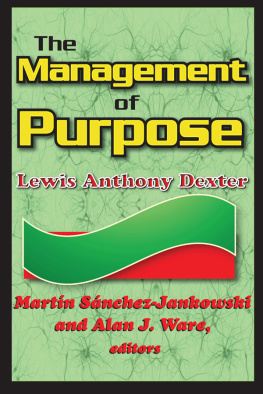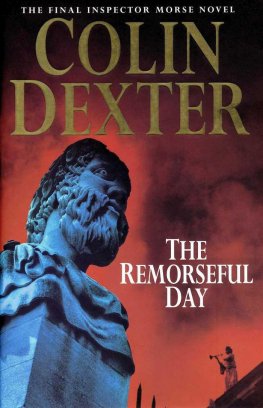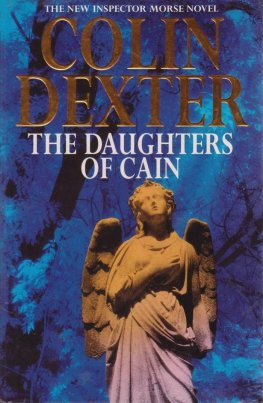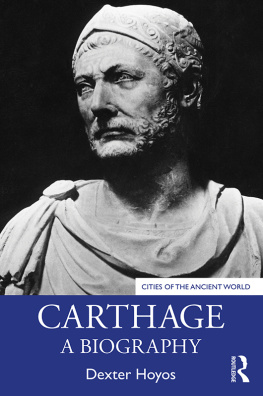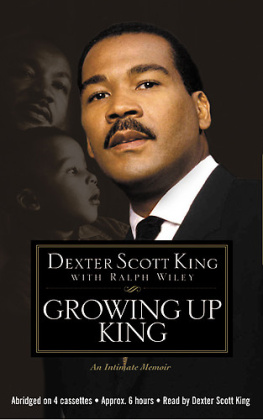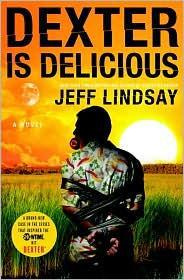The
Management
of
Purpose
The
Management
of
Purpose
Lewis Anthony Dexter
Martn Snchez-Janhowski
and Alan J. Ware,
editors
First published 2010 by Transaction Publishers
Published 2017 by Routledge
2 Park Square, Milton Park, Abingdon, Oxon OX14 4RN
711 Third Avenue, New York, NY 10017, USA
Routledge is an imprint of the Taylor & Francis Group, an informa business
Copyright 2010 by Taylor & Francis.
All rights reserved. No part of this book may be reprinted or reproduced or utilised in any form or by any electronic, mechanical, or other means, now known or hereafter invented, including photocopying and recording, or in any information storage or retrieval system, without permission in writing from the publishers.
Notice:
Product or corporate names may be trademarks or registered trademarks, and are used only for identification and explanation without intent to infringe.
Library of Congress Catalog Number: 2009016357
Library of Congress Cataloging-in-Publication Data
Dexter, Lewis Anthony.
The management of purpose / Lewis Anthony Dexter ; Martin
Sanchez-Jankowski and Alan J. Ware, editors.
p. cm.
Includes bibliographical references and index.
ISBN 978-1-4128-1034-0 (alk. paper)
1. Social psychology. 2. Organization. 3. Dexter, Lewis Anthony.
I. Sanchez-Jankowski, Martmn, 1945- II. Ware, Alan J. III. Title.
HM1033.D49 2009
302.35--dc22
2009016357
ISBN 13: 978-1-4128-1034-0 (hbk)
Contents
Selected Bibliography:
Lewis Anthony Dexter (19151995)
It was a warm autumn day and we were walking separately from the Dalhousie University campus in Halifax, Nova Scotia toward an area of the city called the arm, named for its particular geographic location. The two of us meet at a corner where there is a stop light and exchange greetings. As we continue to walk in the same direction we ask each other a series of questions that leads to the conclusion that we are going to the same placeProfessor Lewis Dexters residence for a seminar on politics and public policy. The class is small, ten students, and Dexter serves cookies and tea in a room that overlooks a picturesque view of the Halifax shoreline. We both agree that the course will be interesting, that Dexter is demanding, and there will be little time to enjoy the picturesque scenery because he continues to randomly ask each student questions like a Supreme Court judge asks questions of the lawyers presenting their respective cases. Further, we both agree that what he chooses to have us read seems odd, and that he personally seems extremely eccentric. For three more months, we both trek down and back once a week to the Dexter seminar, and we continually complain there and back about Dexter and the course. When we are finished we are delighted that we no longer have to deal with either the material or Dexter, but we also agree that it is the best course we have taken and we have learned a great deal. It is safe to say that Dexter was a gifted teacher and researcher, but his impact was slow to mature because it was not easy to see the connections in the social world that he was engaged in making, not to mention trying to reproduce what he did. Many years later one of us would build a career that used history to understand political organizations and change in the United States, and one of us would carve out a career combining economics, political science, and sociology to understand various aspects of people living in poverty. The irony is that despite all our complaining we both would use the analytic tools that Dexter introduced to us in that course. Little did we realize during that first encounter on the way to the Dexter seminar how important the interactions with him and his work would be for our own research careers. Thus, it is only appropriate that we have used the title to the seminar we took so many years ago to introduce in this book Dexters thought, method, and work. It certainly captures the core of what he was about.
We would like to thank some people that have helped us gather information on Dexter and his family. First, we would like to thank Lewis Dexters niece and nephew, Mary and Robert Pennington (Dexter). Mary Pennington was particularly helpful in providing information on the Dexter and Anthony familial backgrounds. Also, Dr. Holly Snyder, North American History Librarian at Brown Universitys John Hay Library, where she is responsible for the Librarys Robert Cloutman Dexter and Elisabeth Anthony Dexter Autograph Collection, 17571942 (Ms. 77.3) was very helpful in providing us needed information, and we certainly would like to thank her. Finally, we would like to thank Professor David Braybrooke who was a long-time friend and colleague of Lewis Dexter at Dalhousie University for giving us information about various writings that Dexter had published.
Last, but not least, a number of graduate student research assistants aided us in finding various articles that were published in some obscure and out-of-print journals. They were Maria Hollowell-Fuentes, Manata Hashemi, and Corey Abramson.
Martn Snchez-Jankowski
Berkeley, California
Alan W. Ware
Oxford, England
I
Lewis Anthony Dexter, who died in 1995 at the age of seventy-nine had a varied, productive, and successful career as a political scientist, sociologist, and consultant. He may well have been one of the better known and least appreciated political scientists of his time, and yet it is the power of his thought on practical issues that makes his work of continued relevance for the 21st century. Hence, within this introduction, we hope to provide the reader with answers to why Dexter remains important, some suggested reasons for him being underappreciated, the reasons for researching the topics he did, and a guide to his thought and analyses. In this way, we will highlight the reasons we have chosen the writings included in this volume and what gems the reader will discover as they engage them.
Nelson Polsby, one of the most prominent political scientists of U.S. Congressional politics and a great admirer of Dexter once remarked with sincere conviction: Dexter is so smart and insightful, but he is a bit of a nut! Dont you think!? Polsbys comment about an eminent political scientist that he so admired (he published a significant number of Dexters articles in books he edited and was in continual correspondence with him) is not as peculiar as it might seem. He no doubt reflected the sentiments of a great many academics of the time that read and met Lewis Dexter. Part of the reasons for this view was that Dexter overstepped disciplinary boundaries in answering social questions, used evidence that was new or unorthodox to answer these questions, wrote in an antiquated idiomatic style, and exhibited an interpersonal style that was idiosyncratically uninhibited. Each of these can in some way be traced to biography, which we will briefly turn to next.
Lewis Anthony Dexter was born in Montreal, Quebec on November 9, 1915, and his sister Harriet Anthony in 1917, where their father had recently accepted the position of General Secretary of the Montreal Charity Organization Society. Lewis Dexters career was influenced by a number of events, but his mother and father, and their family histories, was certainly one of them. Dexters father, Robert Cloutman Dexter, was both a Canadian and American citizen having been born in Shelburne, Nova Scotia to a father that was Canadian and a mother who was American. He was educated at Colby Academy in New London, New Hampshire, and graduated from Brown University with an A.B. in 1912 and an A.M. in 1917. He received his Ph.D. in sociology from Clark University in 1923. Robert C. Dexter taught sociology on the faculty of Skidmore College from 192327, but after being ordained as a Unitarian minister he pursued a career in administering agencies that provided direct services to people in need, particularly children. He was to become Director of the American Unitarian Associations Department of Social Relations that provided humanitarian programs for refugees; Executive Director of the Unitarian Service Committee, which worked to help Jews escape Nazi persecution in Europe; attach in charge of refugees at the U.S. Embassy in Lisbon, Portugal; Representative of the Church Peace Union; and Director of Massachusetts Council of Churches, National Council for Prevention of War, Massachusetts Branch of the League of Nations Association, and the World Affairs Council of Rhode Island. Robert Cloutman Dexter wrote a number of books in the general area of social work, the most significant being


